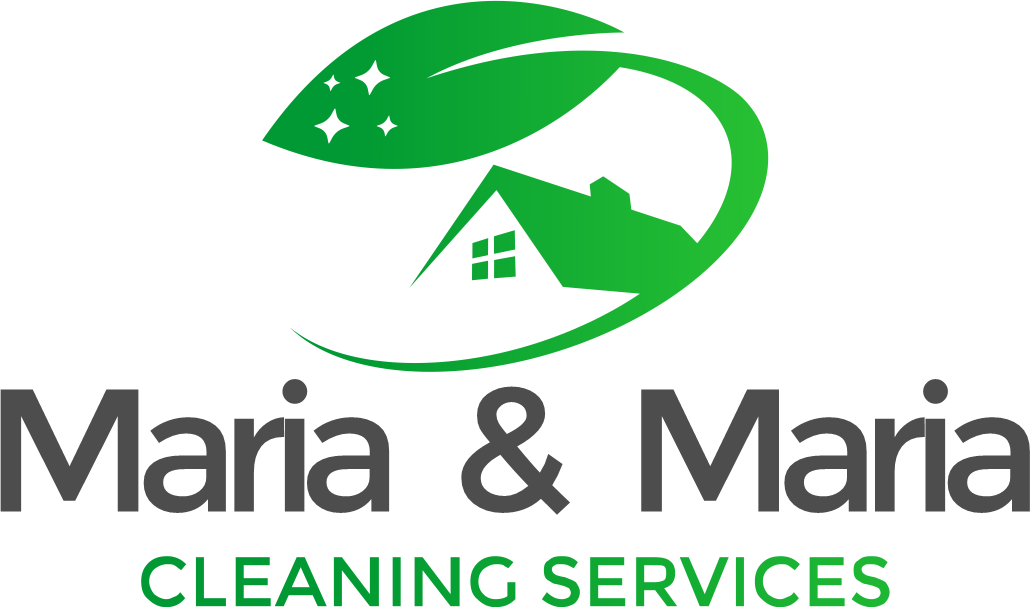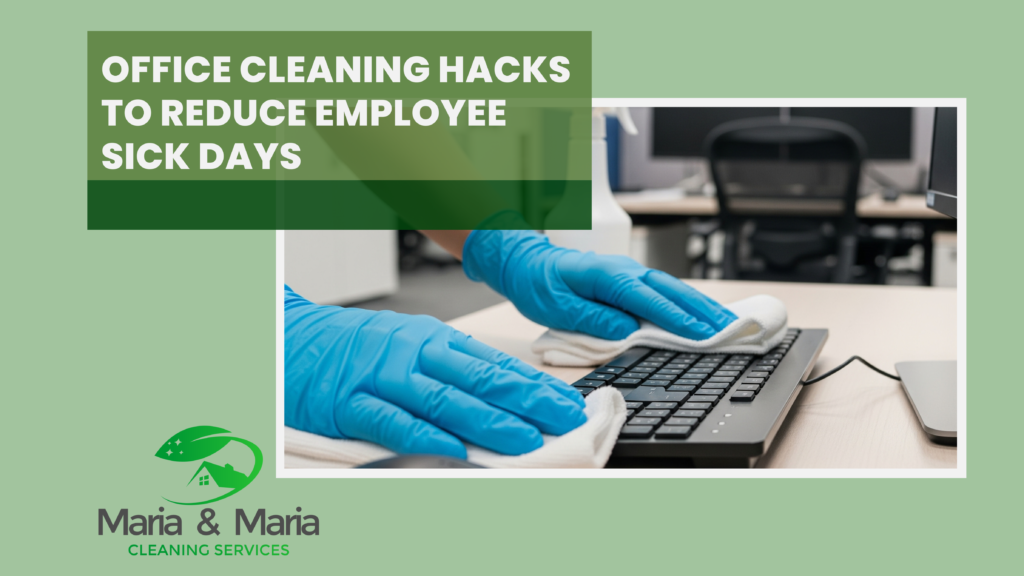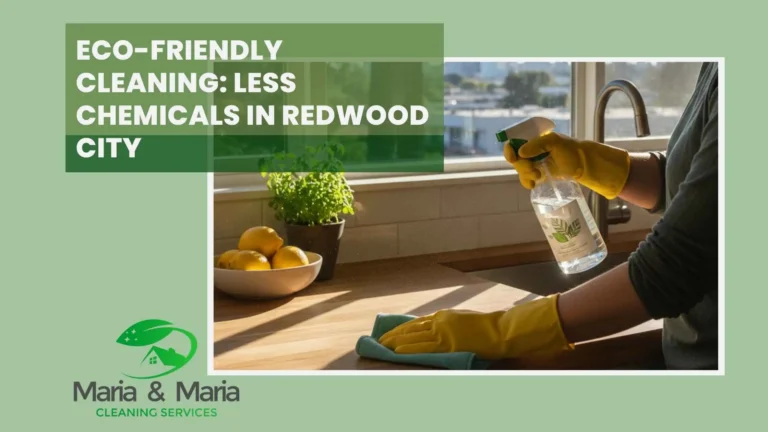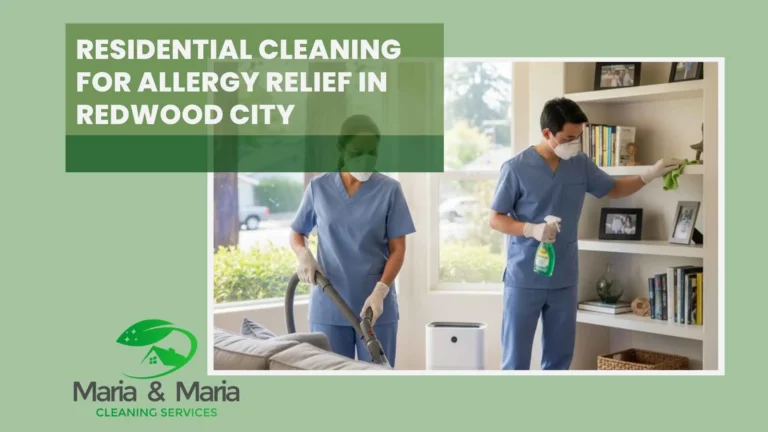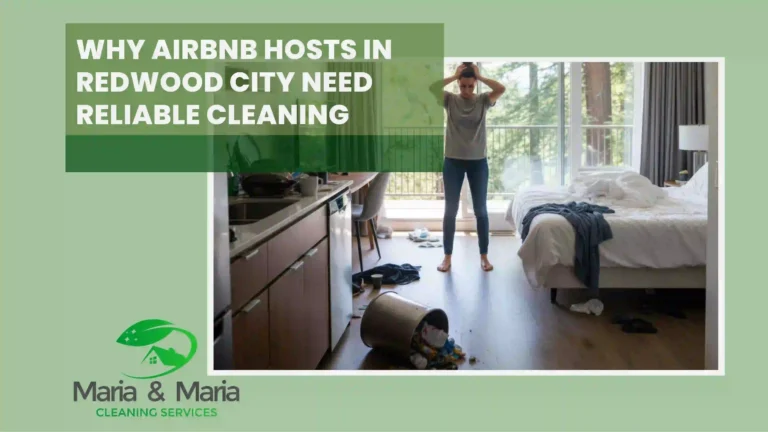Maintaining a clean office isn’t just about making a good impression; it directly impacts your team’s health. Illnesses caused by germs, dust, and poor air quality can lead to more sick days, lowering productivity. That’s where effective cleaning strategies come in. Below are practical and cost-effective office cleaning hacks that can significantly reduce the spread of germs and minimize employee sick leave.
Why Cleanliness Impacts Workplace Health
A clutter-free and sanitized environment helps limit the spread of bacteria and viruses. According to the CDC, flu viruses can survive on surfaces for up to 48 hours, and common areas like desks, doorknobs, and keyboards are prime zones for contamination. Regular cleaning reduces microbial growth and creates a healthier workspace overall.
Hack #1: Disinfect Shared Devices Daily
Items like keyboards, computer mice, phones, printers, and tablets are used by multiple employees throughout the day. Make it a habit to disinfect these surfaces daily with alcohol wipes or EPA-approved cleaning sprays.
Hack #2: Create a “Clean Desk” Policy
Encourage employees to clear their desks at the end of the day. Not only does it reduce clutter and distraction, but it also allows cleaning crews to access more surface area during their routine cleanups.
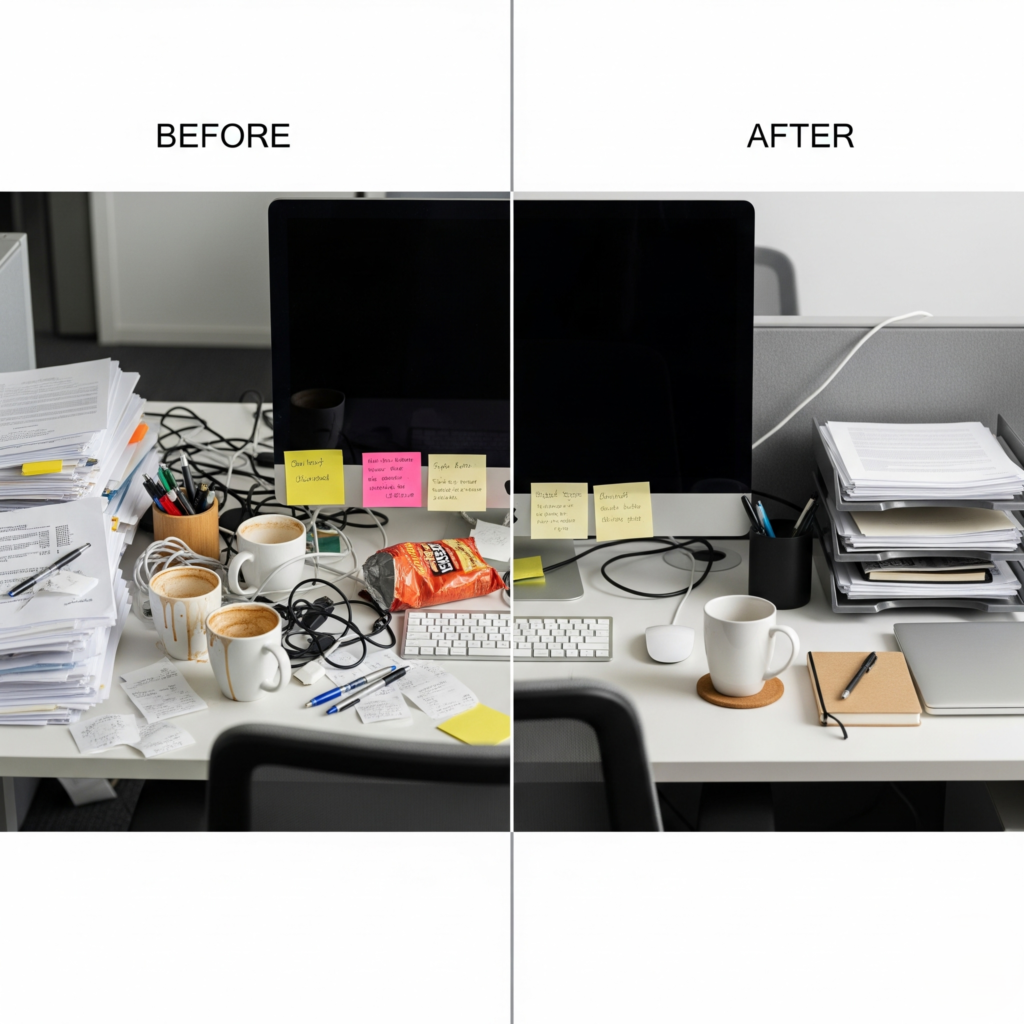
Hack #3: Keep Air Vents and Filters Clean
Dirty air filters can circulate dust, mold spores, and allergens. Replace filters in your HVAC systems regularly and consider investing in HEPA filters or air purifiers to improve indoor air quality.
Hack #4: Use Natural Cleaning Agents for Air Quality
Instead of chemical-heavy products, opt for eco-friendly cleaners made with vinegar, lemon, or baking soda. These reduce harsh odors and minimize respiratory irritants that contribute to illness.
Hack #5: Add Hand Sanitizer Stations
Place hand sanitizer dispensers at entrances, near conference rooms, and common areas. Encouraging frequent use will cut down on germ transfer.
Hack #6: Focus on High-Touch Surfaces
Clean door handles, elevator buttons, light switches, and shared appliances multiple times a day. These high-touch areas harbor the most germs and are often overlooked in basic cleaning routines.
Hack #7: Encourage Desk Plants
Plants like spider plants, peace lilies, and aloe vera purify the air naturally. They add aesthetic value and can reduce airborne toxins, contributing to healthier indoor conditions.
Hack #8: Deep Clean Office Carpets Monthly
Carpets trap dust, allergens, and even mold spores over time. Schedule monthly deep cleaning sessions using steam cleaners or hire a commercial carpet cleaning service.
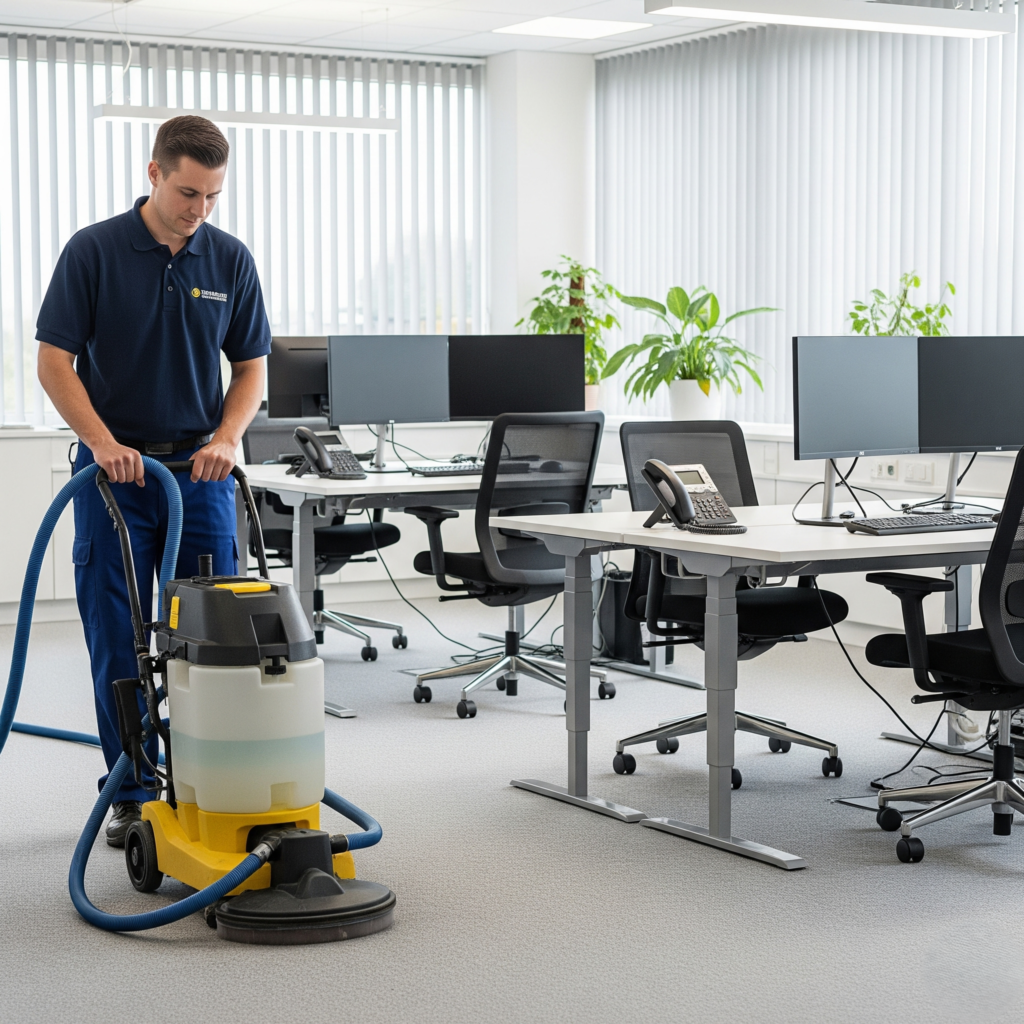
Hack #9: Regularly Sanitize Kitchen & Break Areas
These spaces can become breeding grounds for bacteria if not cleaned daily. Wipe down counters, fridge handles, microwaves, and coffee stations thoroughly.
Hack #10: Hire a Professional Cleaning Service
While in-house cleaning efforts are helpful, hiring a professional office cleaning company ensures deep sanitation using industrial-grade tools and expertise. This investment can significantly lower the spread of illness.
Promoting Hygiene Habits Among Employees
Aside from regular cleaning, it’s important to educate your team on maintaining hygiene. Post reminders to wash hands, sneeze into elbows, and avoid coming to work when sick.
Long-Term Benefits of a Clean Office
- Fewer Sick Days – Reduced exposure to bacteria means healthier employees.
- Increased Productivity – Clean spaces foster better concentration and morale.
- Professional Image – Clients and customers will view your office as trustworthy and well-maintained.
- Cost Savings – Fewer sick days can translate into reduced healthcare and operational costs.
Final Thoughts
Preventing sick days starts with maintaining a consistently clean and healthy work environment. By implementing these office cleaning hacks and promoting hygiene among your staff, you not only protect your employees but also boost overall workplace performance. A small investment in cleanliness pays off with fewer absences, happier workers, and a healthier bottom line.
